Life
-
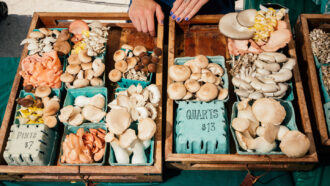 Life
LifeScientists Say: Fungi
Although some fungi can cause diseases, others can be eaten, used to make medicines or serve other useful functions.
-
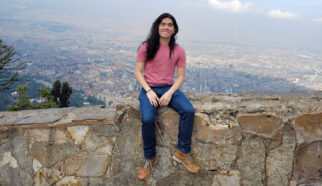 Animals
AnimalsA tiny microbe inspired this scientist’s big dreams
Marc Mapalo has discovered three species of tardigrades and studies fossils of these water bears to better understand how their bodies have changed over time.
-
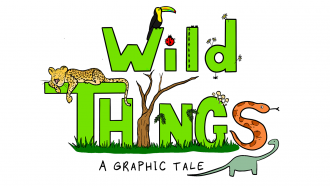 Animals
AnimalsHow boa constrictors squeeze their prey without strangling themselves
Tracking boas’ ribs in X-ray videos revealed the snakes’ squeezing secrets. It’s the latest Wild Things cartoon from Science News Explores.
By Maria Temming and JoAnna Wendel -
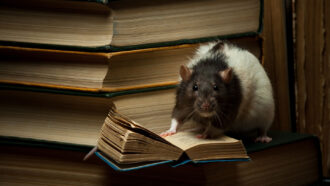 Archaeology
ArchaeologyRats can chronicle human history
Rats have lived alongside people for thousands of years. Now, scientists can study the rats and their leavings to learn more about ourselves.
-
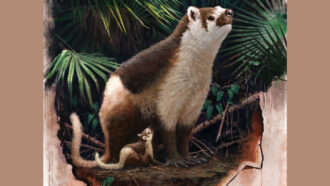 Fossils
FossilsAncient ‘ManBearPig’ mammal lived fast — and died young
Developing in the womb for a while — but being born ready to take on the world — may have helped post-dinosaur mammals rise to dominance.
-
 Health & Medicine
Health & MedicineDogs and other animals could aid the spread of monkeypox
Now that monkeypox has spread to a dog, researchers fear other species could help the virus become widespread outside of Africa for the first time.
-
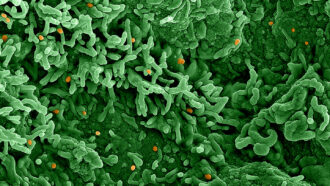 Health & Medicine
Health & MedicineExplainer: What is mpox (formerly monkeypox)?
Once rare, the viral disease monkeypox exploded onto the global scene for the first time in 2022.
By Tina Hesman Saey and Janet Raloff -
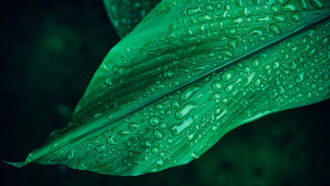 Plants
PlantsNo sun? No prob! A new process might soon grow plants in the dark
Teamwork makes green-work! Collaborating scientists came up with an electrifying farming trick that could make sunlight optional.
-
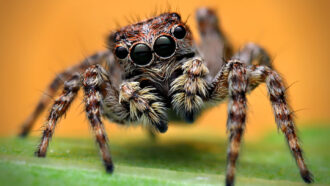 Animals
AnimalsNews stories about spiders are unfairly negative
Nearly half of news stories about people-spider encounters contain errors, according to a new study. And those falsehoods tend to have a negative spin.
By Betsy Mason -
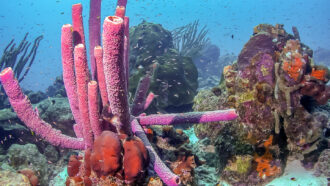 Animals
AnimalsSea sponges spew slow-motion snot rockets to clear out their pores
Sea sponges rely on a sneezing technique to clear their pores. The mucus flushes out debris — and provides a snack for other marine life.
By Jude Coleman -
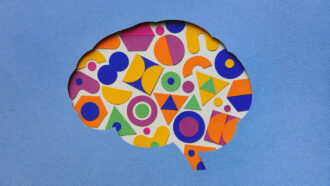 Brain
BrainScientists Say: Cognition
Cognition is involved in all conscious mental activity, from thinking and reasoning to remembering.
-
 Brain
BrainLet’s learn about reading
Reading can be fun — but it can also be really hard. New research is exploring how to make reading easier for people of all ability levels.